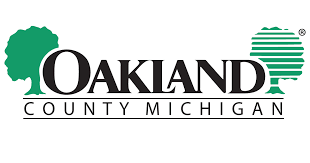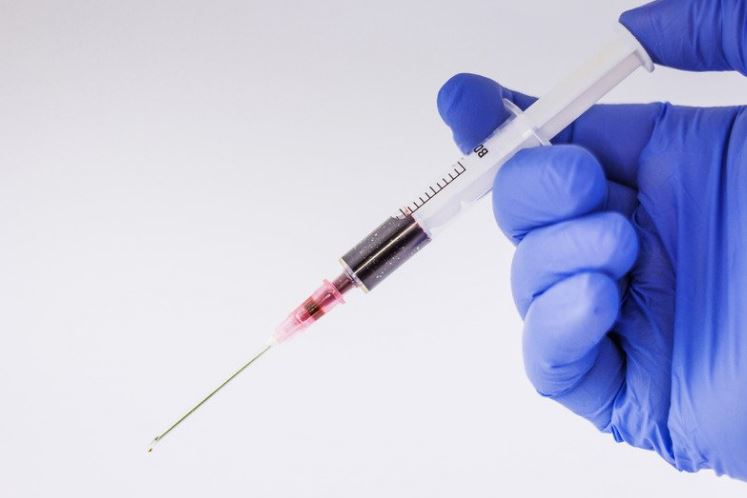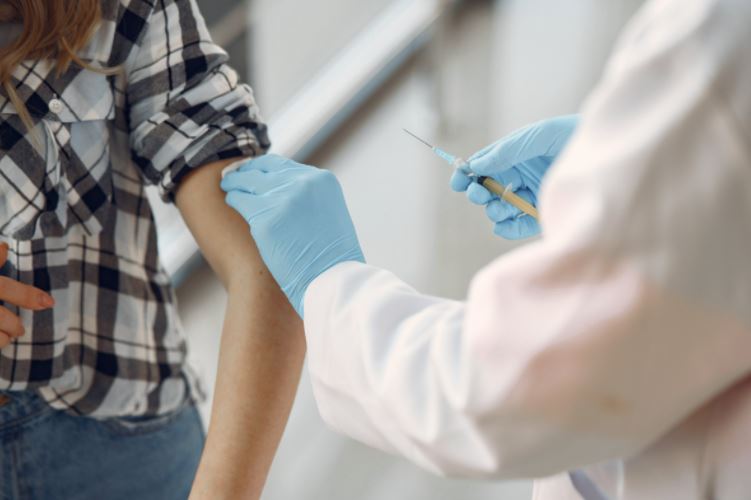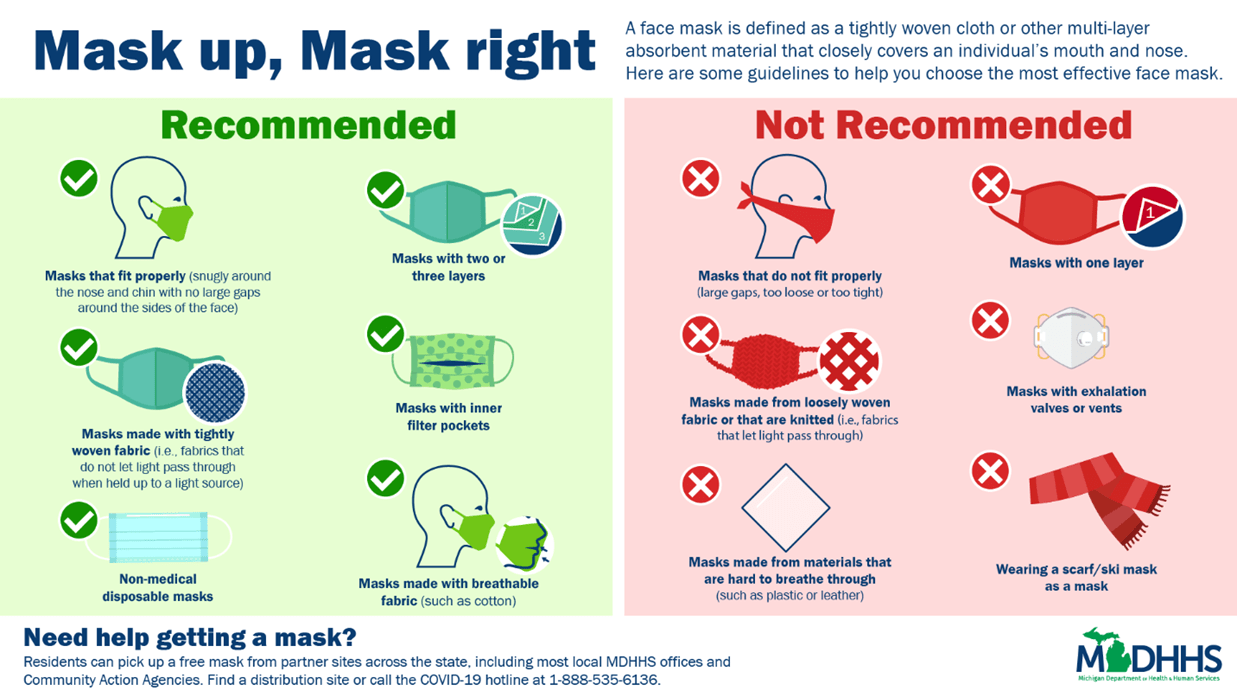MDHHS Identifies 90 Cases of COVID Variant
MDHHS Identifies 90 Cases of COVID Variant
Contact: Chris Gautz (517) 256-3790
MDHHS Identifies 90 Cases of COVID Variant
IONIA, MICH. Results from the daily testing of prisoners and staff at the Bellamy Creek Correctional Facility, in Ionia, has resulted in the detection of 90 cases of the SARS-CoV-2, B.1.1.7 variant.
This testing occurred after an employee at the prison was found to have the variant and the Michigan Department of Corrections immediately began to test daily, all prisoners and staff.
Of the first set of samples provided to the Michigan Department of Health and Human Services Bureau of Laboratories, 90 of the 95 were found to have the variant. Of the 90, there were 88 prisoners and two employees. There are more than 100 lab results still pending.
This variant is believed to be more contagious compared to the SARS-CoV-2 virus, and as soon as it was detected in the prison, additional precautions were put in place, along with the daily testing.
Since the daily testing results have come in, the number of COVID-19 positive cases at the facility has been on the decline, which indicates the swift efforts undertaken to reduce the spread is working.
Based on available evidence, current tests and vaccines for COVID-19 also work against this new variant. Protective actions that prevent the spread of COVID-19 will also prevent the spread of the new variant, B.1.1.7.
Michiganders should:
• Wash hands often.
• Wear a mask around others.
• Stay 6 feet apart from others.
• Ventilate indoor spaces.
• Make a plan to get the vaccine when the opportunity becomes available.
Any Michigander who has traveled or has possibly been exposed to an individual infected with COVID-19 should get tested for the virus. Visit. Michigan.gov/coronavirustest to find the nearest test site.
Information around this outbreak is changing rapidly. The latest information is available at Michigan.gov/Coronavirus and CDC.gov/Coronavirus. To learn more about the COVID-19 vaccine, visit Michigan.gov/COVIDVaccine.






